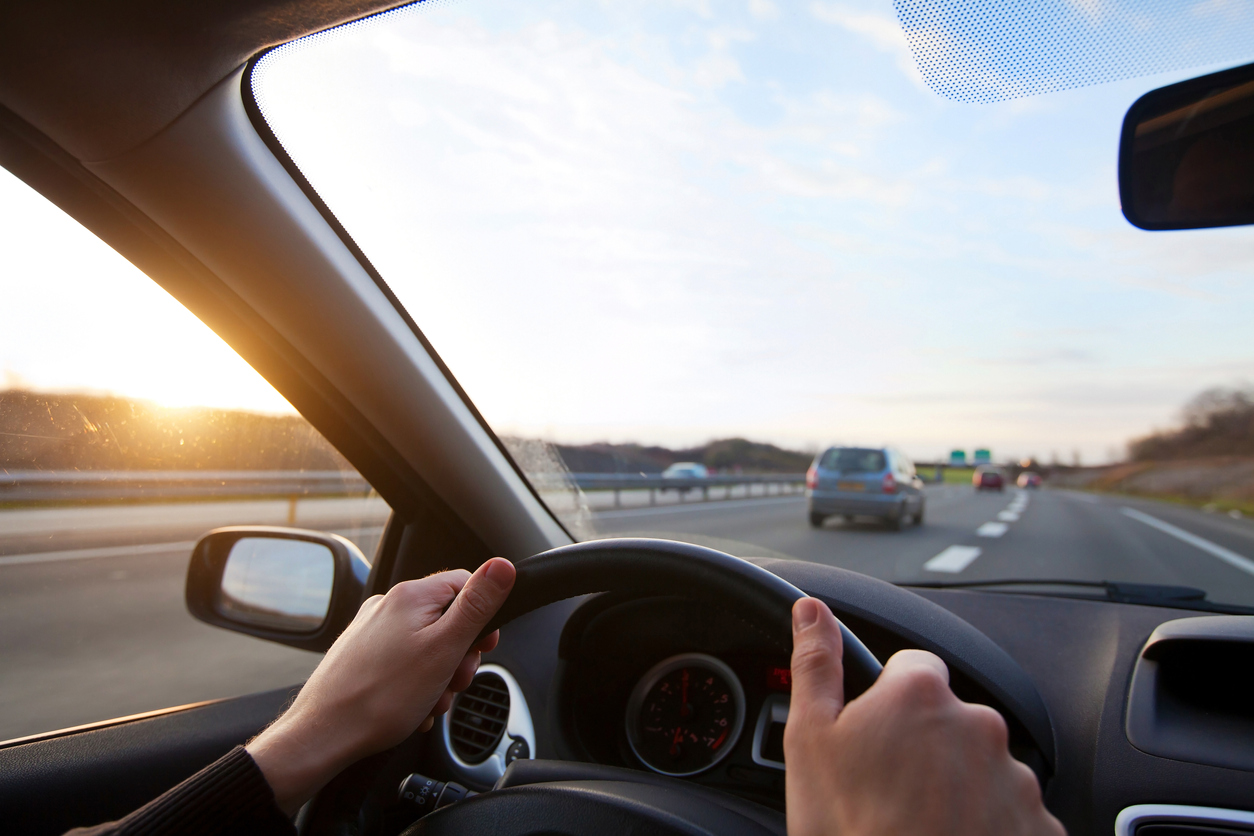Victor Waite | October 22, 2025 | Car Accidents Near Delray Beach, FL

Cruise control is not a new technology. Almost all new cars have been equipped with cruise control systems since the 1990s, and it was available as an option for decades before that. Traditional cruise control is considered a safety feature because it can help reduce driver fatigue and prevent speeding.
However, in recent years, a new type of cruise control has appeared in some vehicles. Adaptive cruise control, as it is called, is also considered a safety feature. While similar to traditional cruise control, there are significant distinctions between the two. Keep reading to learn more.
Differences Between Traditional Cruise Control And Adaptive Cruise Control
Traditional cruise control effectively replaces your foot on the gas pedal when you’re driving on highways in safe conditions. You set a specific speed, and your car will maintain that speed even if the terrain requires additional gas to speed up or some braking to slow down.
Under these conditions, you still have to pay close attention to the road. If a vehicle slows down, you must manually brake to avoid a collision. Drivers generally use cruise control only when the weather is good and the roads are not congested.
Adaptive cruise control, however, is slightly different. Instead of setting a speed, you tell the system to maintain a set distance between your car and the vehicle in front of you. The device uses cameras and other sensors to detect the speed of that vehicle and then controls the speed in the same way cruise control does.
Is Adaptive Cruise Control Safe?
If adaptive cruise control is used properly, it can help prevent car accidents. It can allow a driver to maintain a safe and steady speed in highway situations involving light traffic. Unfortunately, adaptive cruise control is only as secure as the driver’s ability to operate it.
While an adaptive cruise control system can respond appropriately when a vehicle ahead slows down or speeds up, it may not be able to avoid an accident if that vehicle unexpectedly stops. Similarly, if the system fails to sense a road hazard, it can’t respond safely.
Legal Implications Of Adaptive Cruise Control In Florida
When you use any type of driving assistance system, you are responsible for the actions it takes on your behalf. This means that if your cruise control system causes your car to speed up or slow down in a way that results in an accident, your liability is no different from if you had changed your speed without assistance.
However, in Florida, this only matters in some accidents. Florida has a no-fault insurance system. Every driver is required to purchase a personal injury protection (PIP) policy. This PIP policy compensates the covered driver for injuries after an accident, regardless of who was at fault.
Fault only matters when somebody is seriously injured. If you were at fault for a serious injury because of your car’s adaptive cruise control system, you can be held liable by the injured party.
Adaptive Cruise Control Saves Lives When Used Properly
When adaptive cruise control is used as intended, it saves lives. However, when misused, it can cause accidents. If your car has adaptive cruise control, it is essential to read your car’s manual and thoroughly understand how it works before using it.
Contact The Injury Law Firm, PA, For A Free Consultation With A Delray Beach Car Accident Lawyer
Whether your car accident was minor or severe—and whether it involved adaptive cruise control or another type of driver-assistance technology—you may be entitled to compensation. For more information, contact the experienced Delray Beach car accident lawyers at The Injury Law Firm, PA to schedule a free consultation.
The Injury Law Firm, PA.
301 W. Atlantic Ave, Suite O-1, Delray Beach, FL 33444
(561) 800-4357
